Nine women. All part of my local metastatic support group.
All of them are gone within the past 16 months. Ranging in age from 44 - 74, with the average age being 55. The national average age of death due to metastatic breast cancer is 61.
Their lives aren't measured by how long we had them here on earth, but on the value they each had to family and friends. I miss them all.
It's not about awareness and it's not even about research. It's about people. Beloved people.
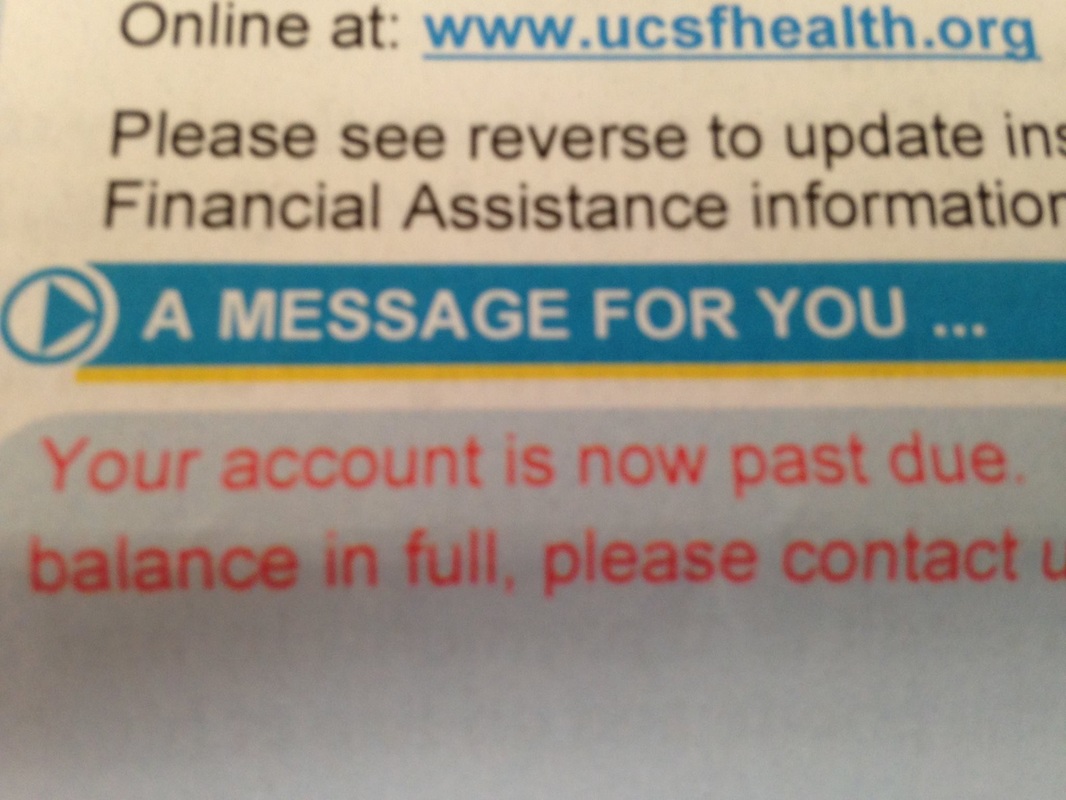
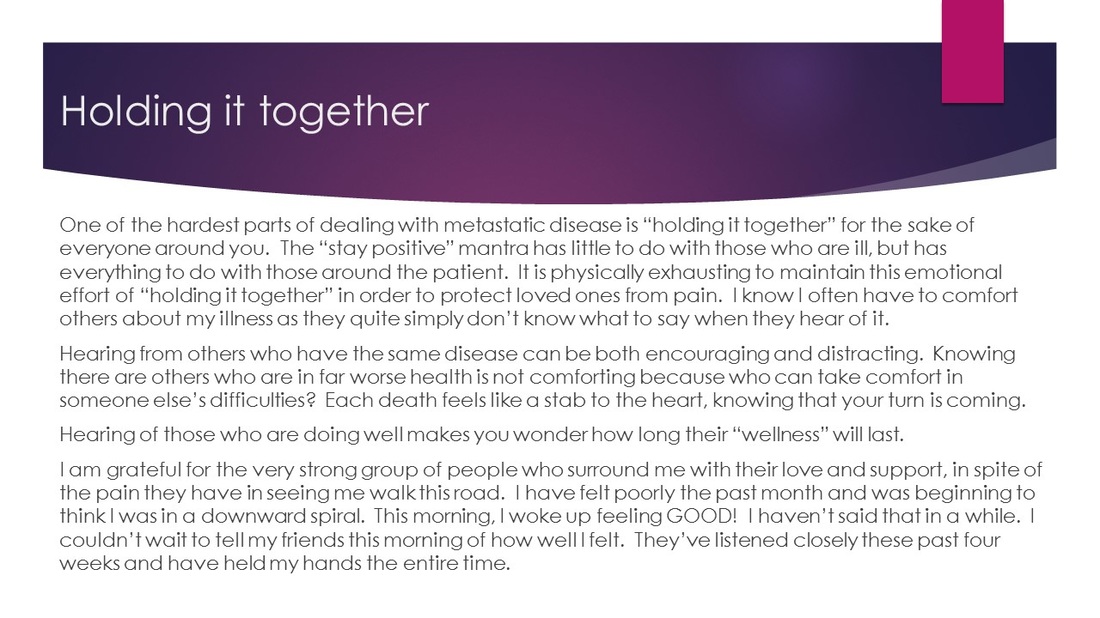
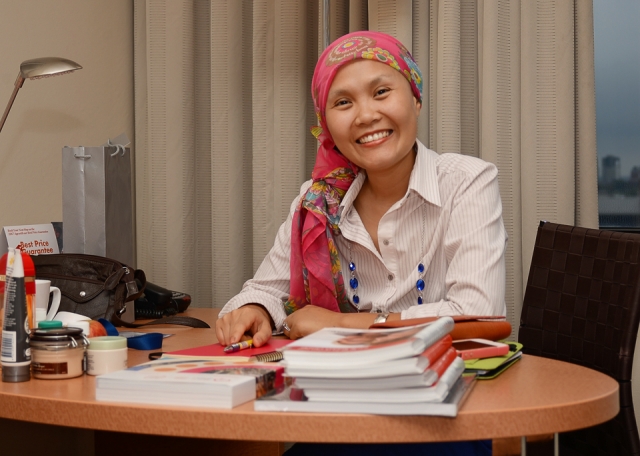
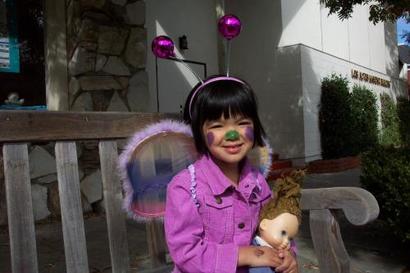
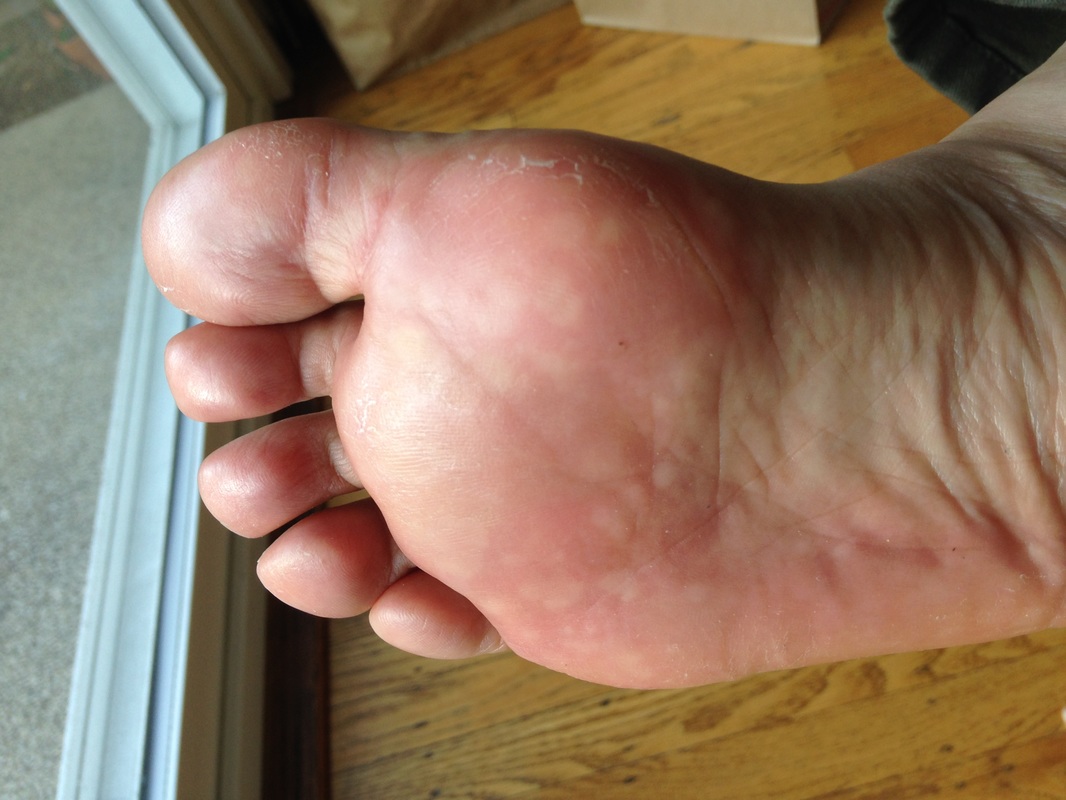
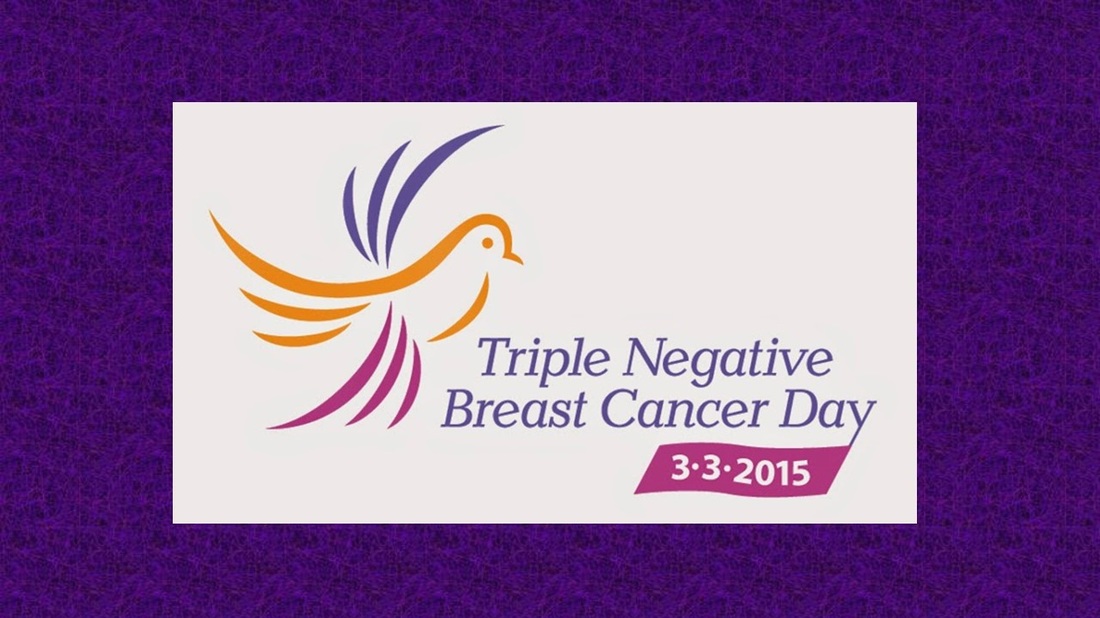
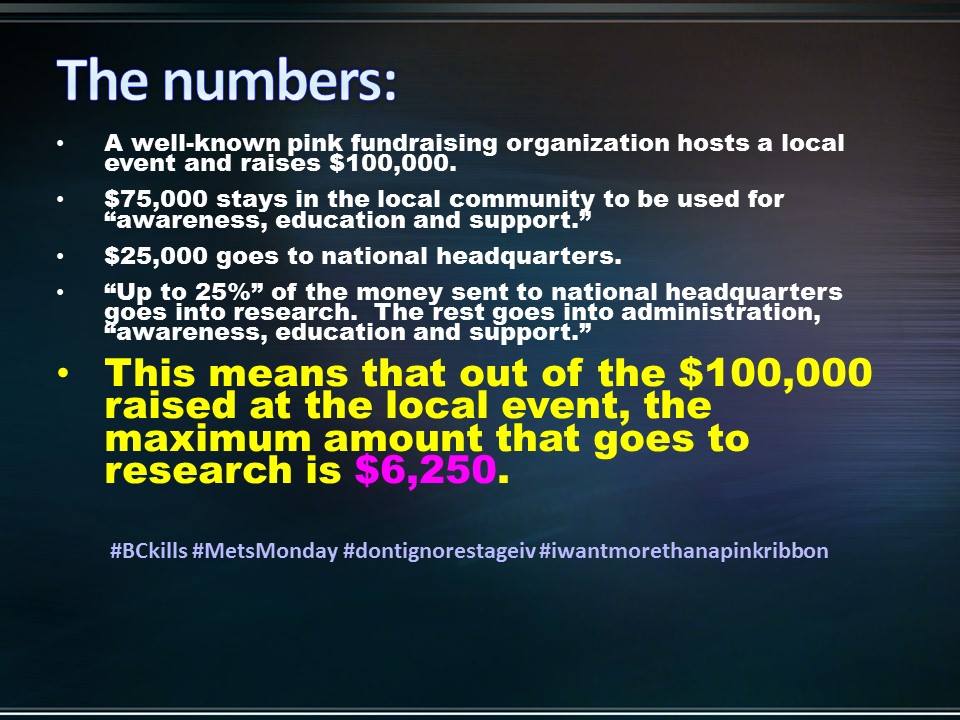
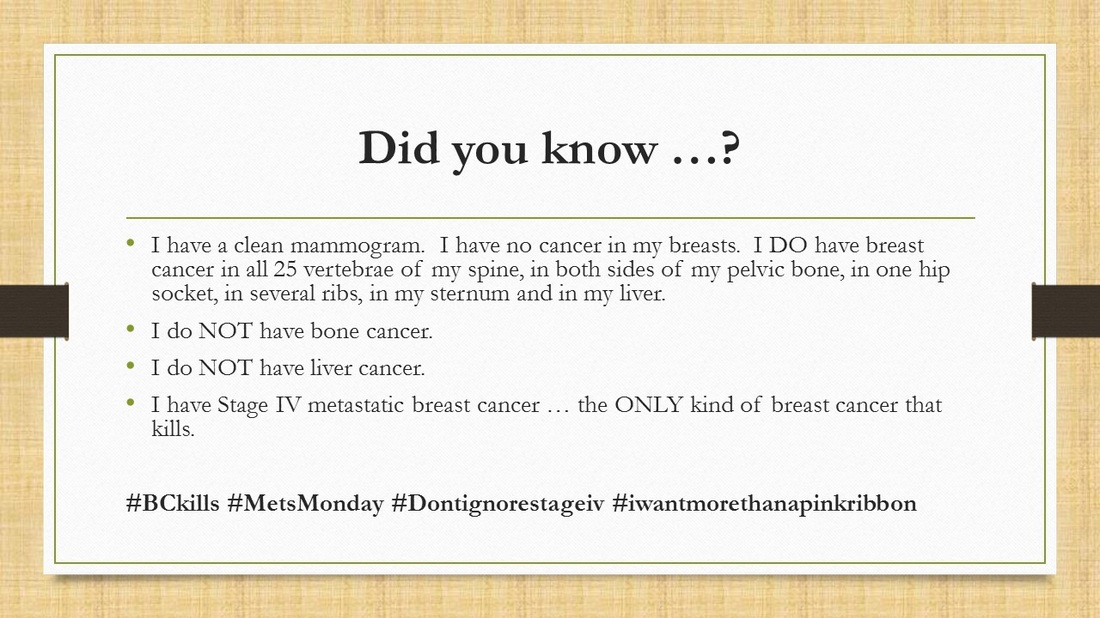
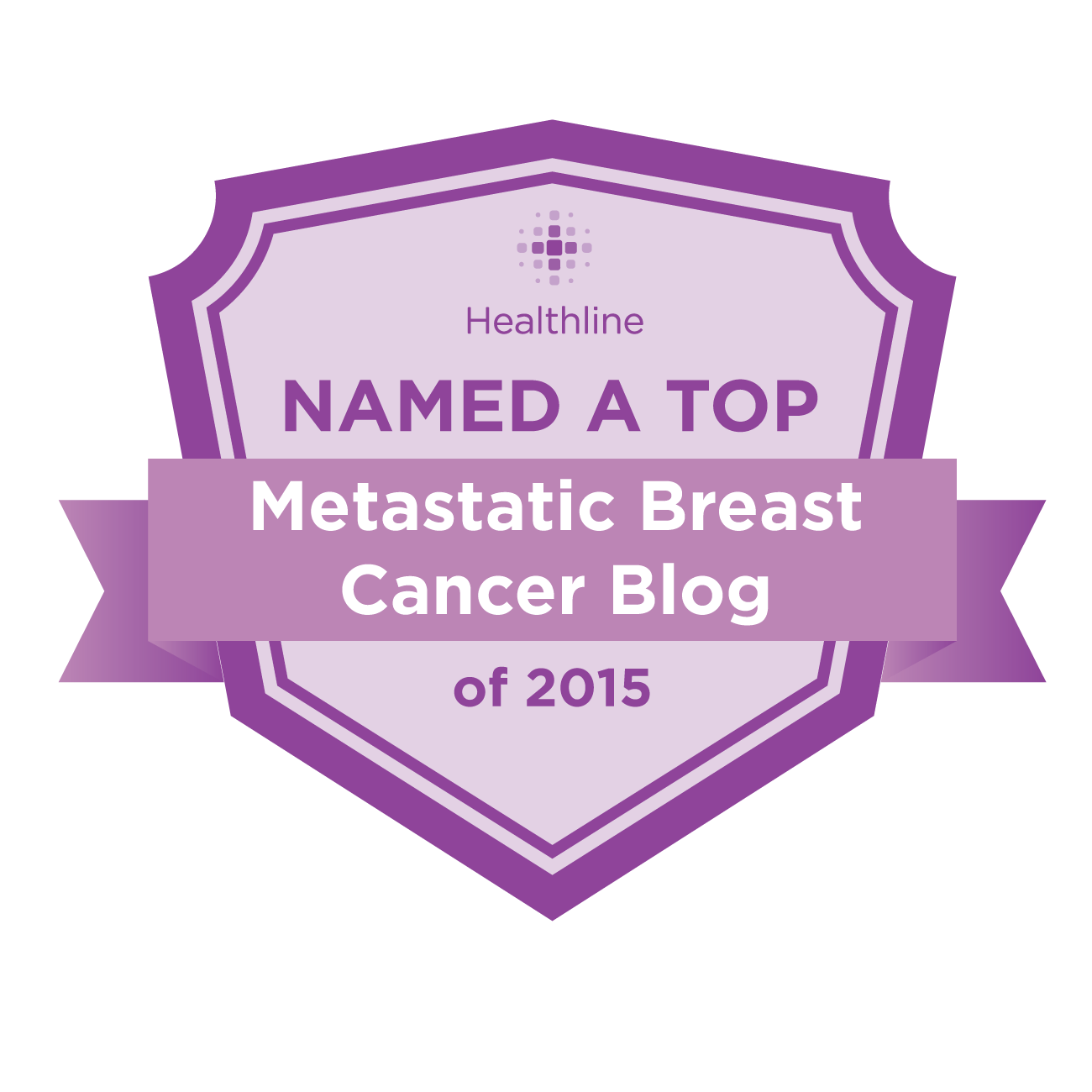
 RSS Feed
RSS Feed
